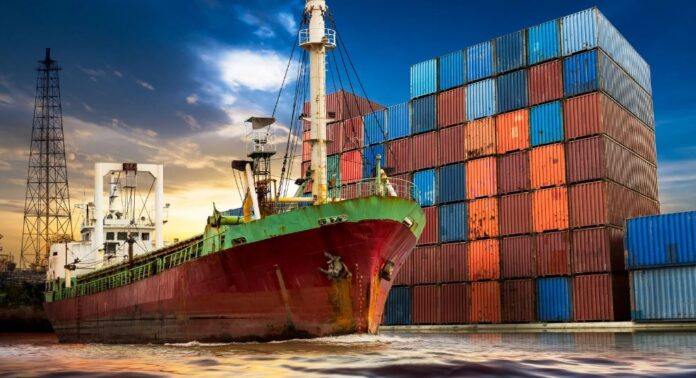ISLAMABAD: The Pakistan National Shipping Corporation (PNSC) is poised to generate approximately $700 million in freight earnings over the next three years through an ambitious plan to expand its cargo fleet to 34 vessels.
This projection was revealed during a high-level meeting chaired by Federal Minister for Maritime Affairs Muhammad Junaid Anwar Chaudhry, who presented a comprehensive business strategy aimed at transforming Pakistan’s maritime and logistics sectors.
The meeting noted that PNSC currently handles around 11% of the nation’s cargo volume and 4% by value. Under the new plan, the state-owned shipping line aims to raise these figures to 52% by volume and 43% by value—excluding containerized cargo—within three years.
Unveiling the forward-looking strategy, Minister Chaudhry described PNSC as a pivotal institution in enhancing the country’s maritime strength. He stressed the importance of transforming it into a globally competitive, technologically advanced, and environmentally responsible organization aligned with international maritime standards.
A cornerstone of the new strategy is the phased renewal and expansion of PNSC’s aging fleet. The upgrade will focus on boosting cargo capacity, improving fuel efficiency, and ensuring full compliance with International Maritime Organization (IMO) regulations—particularly those related to carbon emissions and ballast water management.
To strengthen domestic capabilities, the Minister proposed closer collaboration between PNSC, Karachi Shipyard & Engineering Works, and local industries to enable indigenous construction of modern cargo vessels, oil tankers, and container carriers. This move is expected to spur job creation, energize local supply chains, and revive Pakistan’s shipbuilding industry, positioning the country as a regional maritime hub.
To finance the modernization drive without straining public resources, the business plan emphasizes the use of public-private partnerships, maritime leasing mechanisms, and access to international green shipping funds.
Minister Chaudhry also highlighted the urgency of digital transformation in maritime operations. Initiatives include integrating platforms such as the Pakistan Single Window (PSW), implementing Vessel Traffic Management Systems (VTMS), adopting blockchain-based documentation, and deploying real-time cargo tracking systems—all aimed at improving efficiency, transparency, and security.
Environmental sustainability remains central to the reform agenda. PNSC will adopt green shipping practices, including the use of cleaner fuels, vessel retrofitting for energy conservation, and adherence to global decarbonization targets.
Reaffirming PNSC’s strategic significance, the Minister said the corporation plays a vital role in ensuring maritime sovereignty, economic resilience, and stable supply chains amid an increasingly volatile global landscape.
“With resilience, innovation, and sustainability at the heart of our vision, PNSC is set to emerge as a dominant force in the regional maritime sector,” he concluded.




